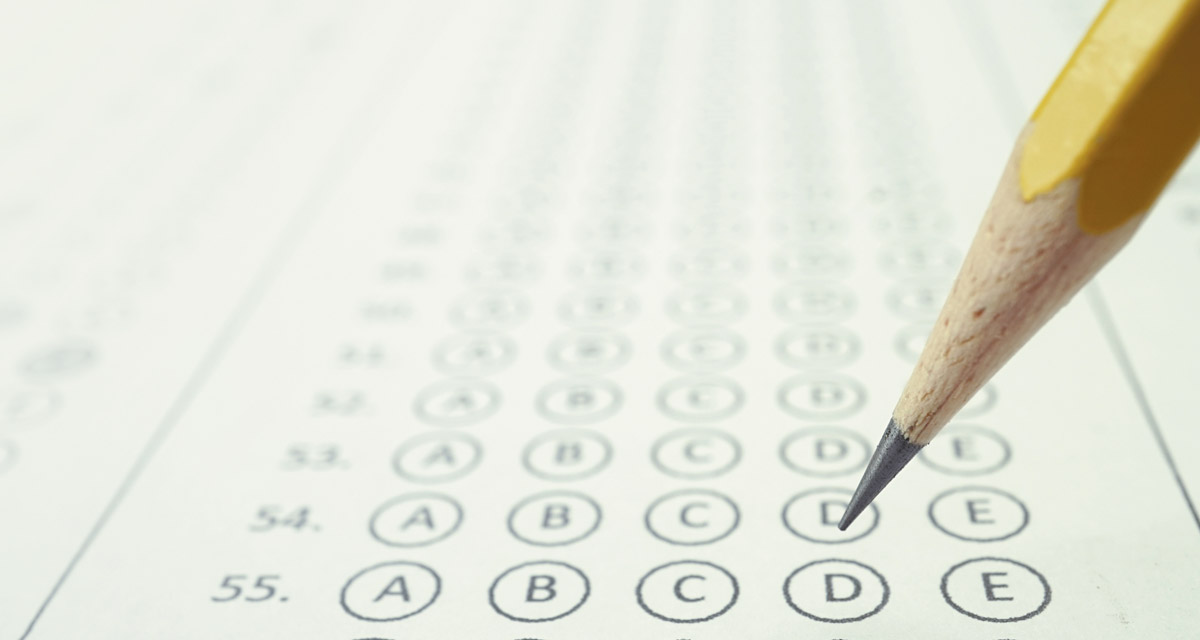Practice makes perfect! This is a mantra said in thousands of classrooms throughout North Carolina. Teachers have repeated similar phrasing to ensure every student feels confident and knows how to respond to any situation during an end-of-year test. The list of procedural strategies may be different among a class of students; yet, the goal is the same. Schools, teachers, students, and parents seek success! As parents, we feel the tension and anxiety from our children. Despite creating our own mantras, we want to raise confidence levels and boost morale while building understanding. If you are wondering how to support your child before and during testing, here are a few tips!
Strategies are Valuable
In the “work smarter, not harder” philosophy, the most effective strategies will assist our children to focus their attention and use the tools which aid them in finding the correct answers. Effective strategies are not well-kept secrets; instead, each tool, such as using a highlighter or underlining key words, should be openly communicated. For some students, talking through preferred strategies, such as reading the questions first, crossing out unlikely answers, and not changing answers once chosen, are necessary actions, and should not be abandoned on the day of the test. (It is important for parents not to change or alter the process weeks before the big day.)
Read, Read, Read!
Prior to a day which requires a great deal of mental acuity, one of the best and most rewarding activities is to encourage reading for pleasure. Tests consuming a great deal of memory, focus, concentration, and understanding are meant to measure the ability to endure reading for long periods of time. Parents can assist by reading their child’s preferred book, and talking openly about character development, the setting, symbolism, irony, problems, and solutions. (This may be one activity you continue beyond school days.)
Friday Night Game Night
While listening to your child explain current math applications and strategies in problem-solving, parents are learning about distinct strengths and weaknesses. One way to boost computation abilities in a non-threatening way is to play Monopoly, for instance. Other board games, such as Scrabble, for 8-year olds and older; Settlers of Catan, a popular strategy game for ten-plus; or Balderdash, a reading and logic skill game for ages 12 and older, are a unique and persuasive means to increase confidence and build on skills that are handy during stressful situations. And, sometimes, children just need to exhale and have fun!
Managing Stress and Anxiety
Despite the preparedness of students, an upcoming test, exam, or final can produce many unusual behaviors and moods. Some children may exhibit stomach pains, have difficulty sleeping through the night, and begin eating smaller portions or choose to skip meals. Other children may become boisterous, showing anger and shouting, or quickly produce tears. Encourage children to talk about their feelings, or take advantage of the wonderful May weather by biking around the neighborhood each evening after dinner.
Start Each Test Day with Excitement
What are a few wonderful things you can do to excite your child and begin the day right? How about a hand-written note of encouragement left on the bathroom mirror, or, perhaps, serving homemade pancakes for breakfast? When the day begins positively, we often feel led by those good feelings.
Turn in Early
To be the best in mind and body, students need plenty of sleep. While the night before testing is often challenging in numerous ways; on subsequent nights, your child should be mentally and physically exhausted. It is a good idea to recommend taking a bath before going to bed, to ease the body into sleep.
Testing is never an easy experience, especially when those three letters, E.O.G., represent a year of growth. Good luck, students! Show off what you know! With a positive attitude, you’ll move mountains!




















